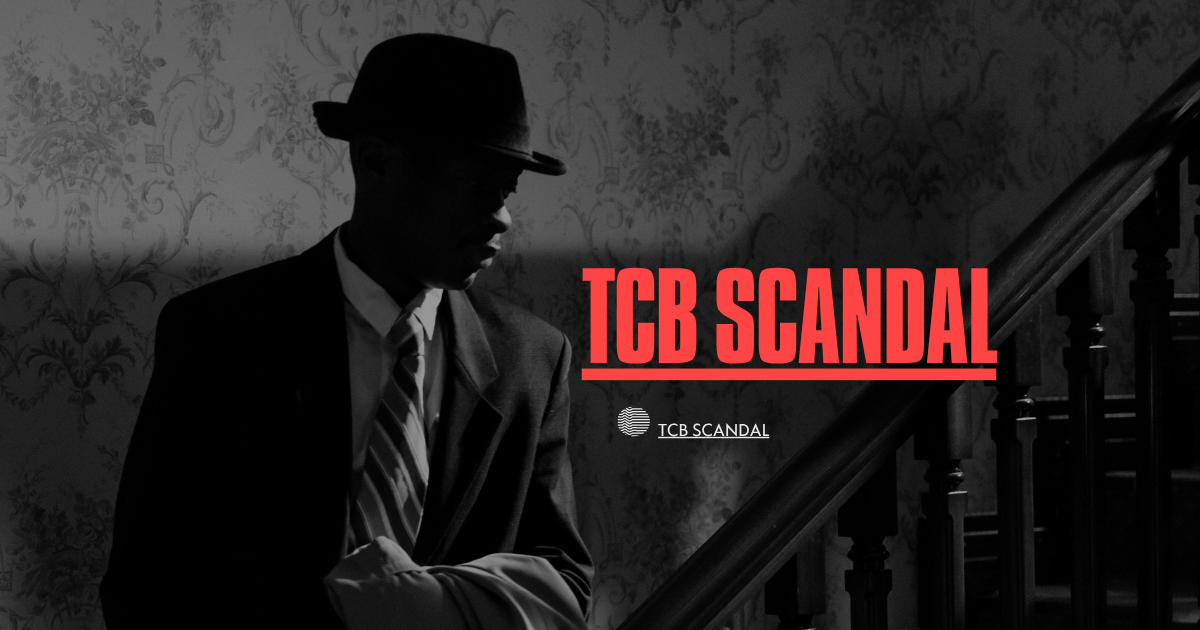1. What is the TCB Scandal?
The TCB Scandal refers to the controversy surrounding TCB Scans, a prominent group in the world of fan-made manga translations, also known as scanlations. TCB gained a reputation for releasing fast and high-quality English versions of popular manga like One Piece, often before official publishers released them. However, their operations drew legal scrutiny for alleged copyright infringement, particularly from Japanese publishers and media companies that own the original content.
The scandal erupted when social media accounts affiliated with TCB were suspended, and the group began facing takedown notices and mounting legal pressure. The issue brought global attention to the legal and ethical gray areas surrounding scanlation culture, especially as manga continues to grow in popularity internationally.
2. Background on TCB Scans
TCB Scans began as a volunteer-based project that aimed to bring timely and accurate manga translations to international readers. Known for translating manga chapters within hours of their Japanese release, the group attracted a large following for their work, especially among non-Japanese readers who otherwise had to wait days or weeks for official translations.
Although TCB Scans did not charge users for access, they operated websites and social media platforms that were heavily trafficked, sometimes with advertisements. This raised concerns about indirect monetization and competition with licensed distributors, eventually drawing attention from copyright holders.
3. Why Scanlations Exist
Scanlations—scanned and translated versions of manga—fill a critical gap for fans in countries where official manga releases are delayed or unavailable. These unofficial translations have historically been a lifeline for global fans who want to follow stories in real time. In many cases, fan groups take great care to preserve the original tone, culture, and emotion of the manga.
Despite their cultural and community value, scanlations occupy a legally uncertain space. They rely on materials often obtained from early or leaked sources and distribute them without official authorization. The TCB scandal has reignited debate on whether fan-driven projects can ever coexist with legal publishing models.
4. Legal Issues and Copyright Enforcement
Japanese publishers such as Shueisha and Shogakukan have become more aggressive in protecting their intellectual property. As manga’s international market grows, so does the need to control distribution channels and revenue. Legal teams have started targeting scanlation websites, translators, and social media platforms associated with these groups.
In the case of TCB Scans, takedown notices led to the deactivation of their Twitter account, and domain suspensions soon followed. Although no members of TCB were publicly prosecuted, the legal threat was clear and widespread, forcing many scanlation groups to shut down or go underground.
5. Community Reaction and Support
The reaction to TCB’s shutdown was mixed. Many fans expressed disappointment, stating that TCB provided a superior reading experience compared to official sources. Others supported the crackdown, arguing that creators deserve to be compensated and that piracy undermines the manga industry’s sustainability.
Reddit threads, fan forums, and Twitter discussions exploded with both support and criticism of TCB. Some fans pledged to support official releases more actively, while others began seeking alternative scanlation sources. The scandal highlighted the fragmented opinions within the manga community.
6. Role of Social Media and Digital Platforms
Social media played a major role in both the success and downfall of TCB Scans. Platforms like Twitter, Discord, and Reddit were used to distribute chapters, engage with fans, and promote releases. However, these same platforms became liabilities when publishers began issuing copyright strikes and takedown requests.
Once TCB’s social media presence was diminished, their ability to operate publicly diminished as well. It showed how vulnerable scanlation groups are to the policies of major tech platforms, especially when they operate in legally questionable territory.
7. Impacts on the Manga Industry
The TCB scandal prompted manga publishers to accelerate their efforts to reach international audiences legally. Services like Manga Plus and VIZ Media have started offering simultaneous English releases for major titles. This “simulpub” strategy aims to reduce the appeal of unofficial translations by minimizing the wait time.
At the same time, the industry is exploring better ways to localize content without compromising cultural nuance. The scandal emphasized that quality and timeliness are essential if legal channels want to compete with scanlation groups.
8. The Ethics of Fan Translation
At the heart of the TCB scandal is an ethical dilemma: should fans be allowed to distribute translated content if their intent is non-commercial and rooted in appreciation? While scanlators often see themselves as cultural ambassadors, publishers view unauthorized translations as theft of intellectual property.
This ethical divide is complicated by the fact that many scanlation groups genuinely want to support the industry. Some even encourage fans to buy volumes when officially released. Nonetheless, the law rarely distinguishes intent from action when it comes to copyright infringement.
9. Precedents and Other Scanlation Cases
The TCB case is not the first of its kind. Other scanlation groups, such as Jaimini’s Box and MangaStream, have faced similar legal pressures and eventually shut down. These precedents show a clear pattern: as publishers invest more in global markets, tolerance for scanlations diminishes.
In some cases, publishers have even collaborated with former scanlators to improve official translations. This suggests that while the law is rigid, the industry might find innovative ways to involve talented fans legally and constructively.
10. The Future of Scanlations
The future of scanlations remains uncertain. While some groups continue to operate anonymously, others are choosing to disband in light of legal risks. The growing availability of official releases in multiple languages may gradually phase out the need for unofficial sources.
Still, until the industry fully meets the demand for fast, high-quality, and culturally accurate translations, scanlation may persist in some form. Whether through reform, collaboration, or enforcement, the outcome will shape how global audiences access manga in the years to come.
Conclusion
The TCB Scandal reflects a broader conflict between digital fan culture and legal copyright enforcement in the manga industry. While scanlations like those produced by TCB Scans have helped globalize manga and foster passionate communities, they have also raised serious concerns about creator rights and industry sustainability. Moving forward, a balanced approach that prioritizes both access and legality will be essential in shaping the future of manga distribution worldwide.
Also Read About: robloxftw.com




